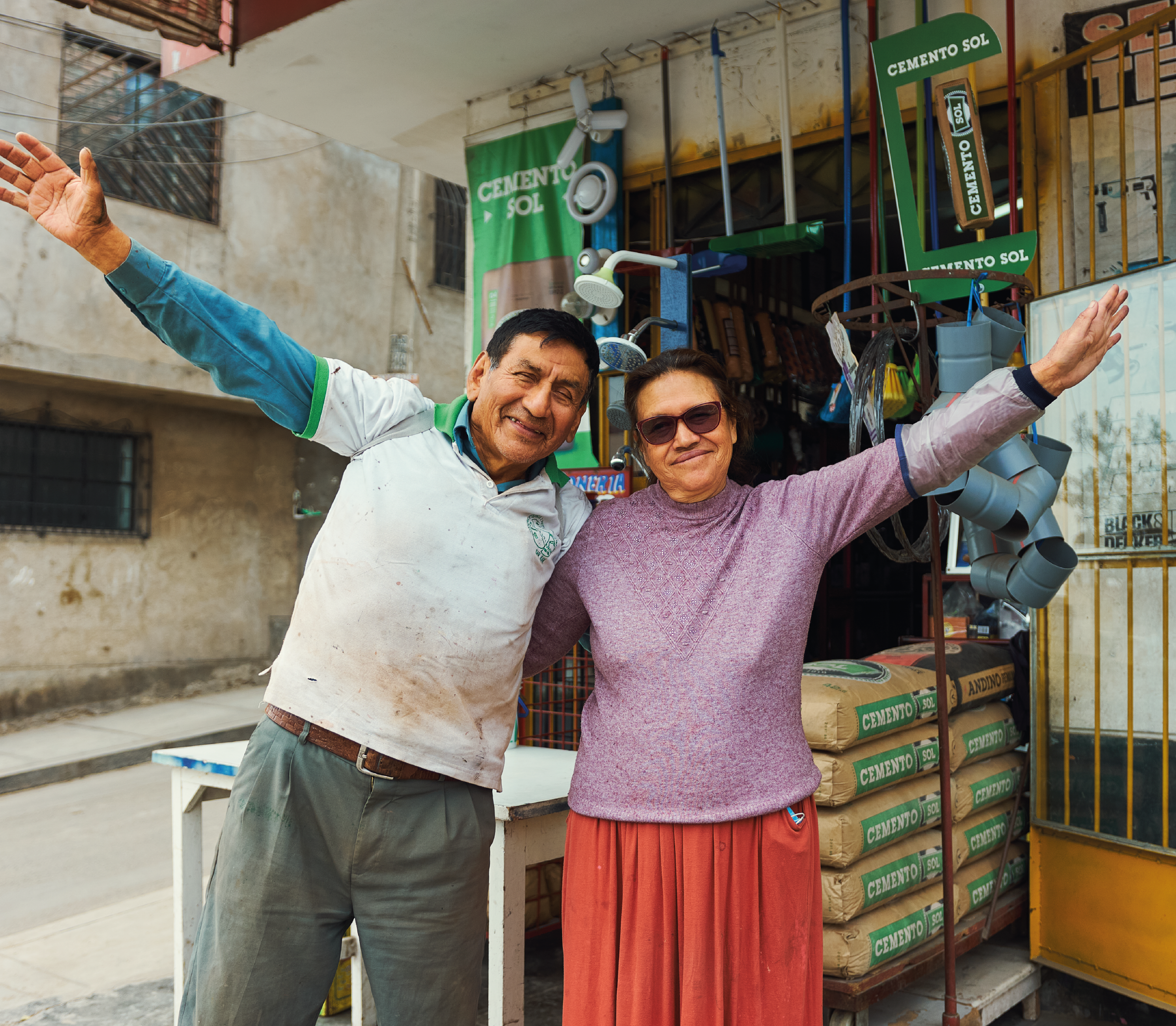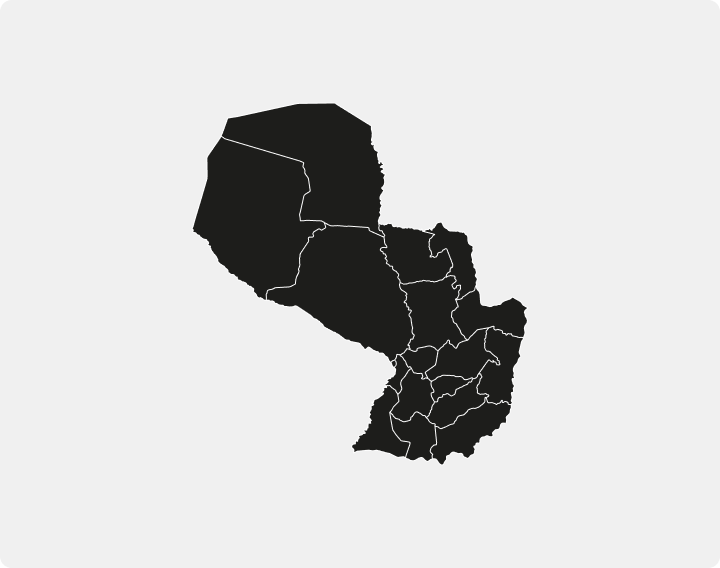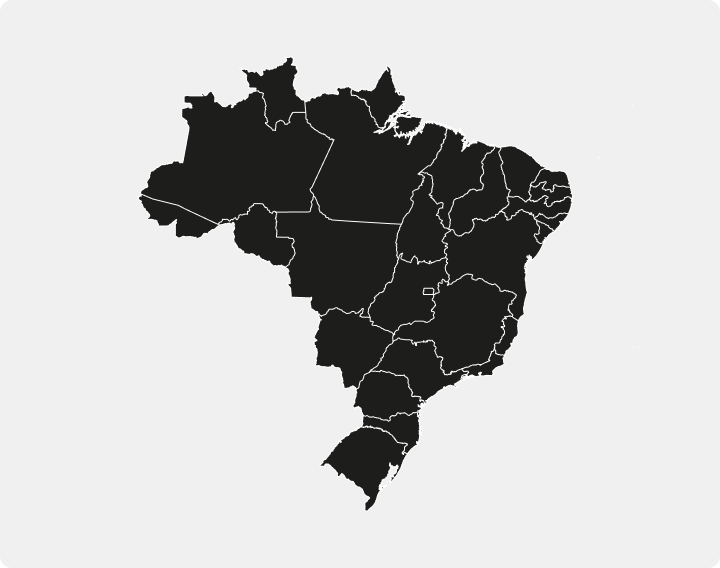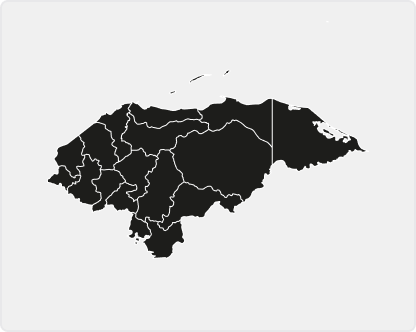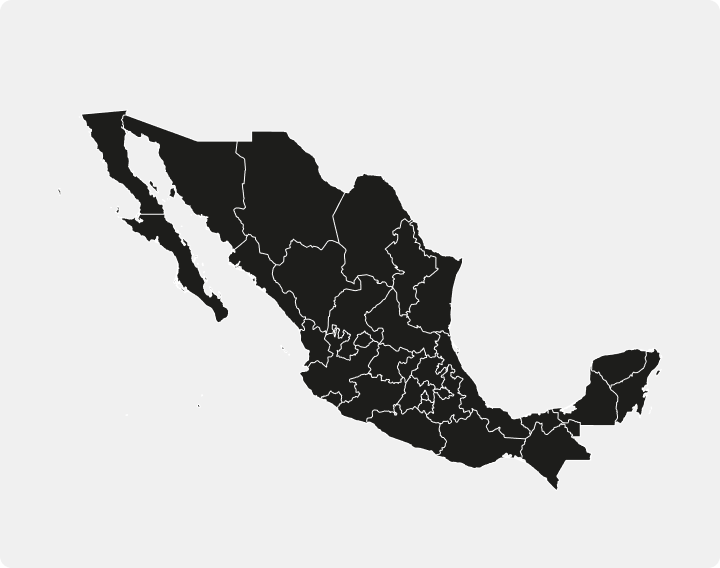Graduation Approach
One of the most effective productive and social inclusion programs in the world
About the Initiative
Since 2011, we have been adapting our programs to the needs and contexts of each country, designing and implementing holistic approaches in collaboration with governments to eradicate extreme poverty. Our Graduation approach focuses on strengthening and expanding the productive, financial, human, and social assets of people living in extreme poverty.
We provide the necessary tools and resources to help individuals navigate crises and move toward a life of greater well-being and autonomy. In many cases, this contributes to people surpassing the extreme poverty threshold set in their country.
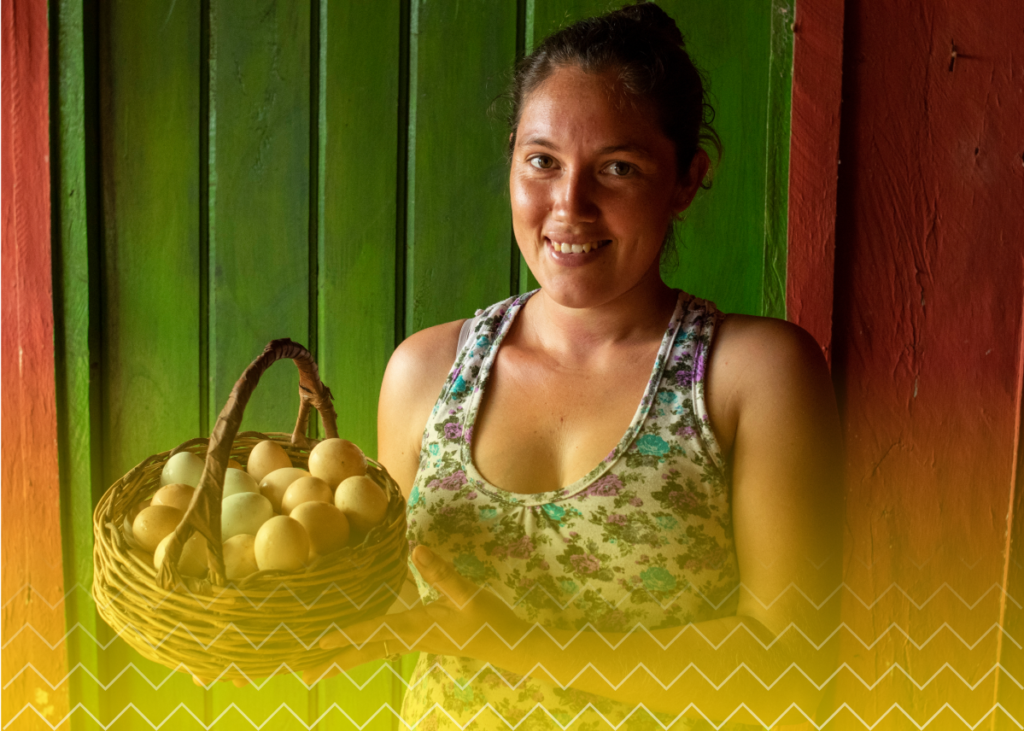
Our Impact
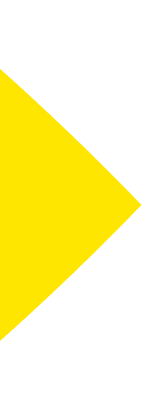

The 5 elements of Graduation
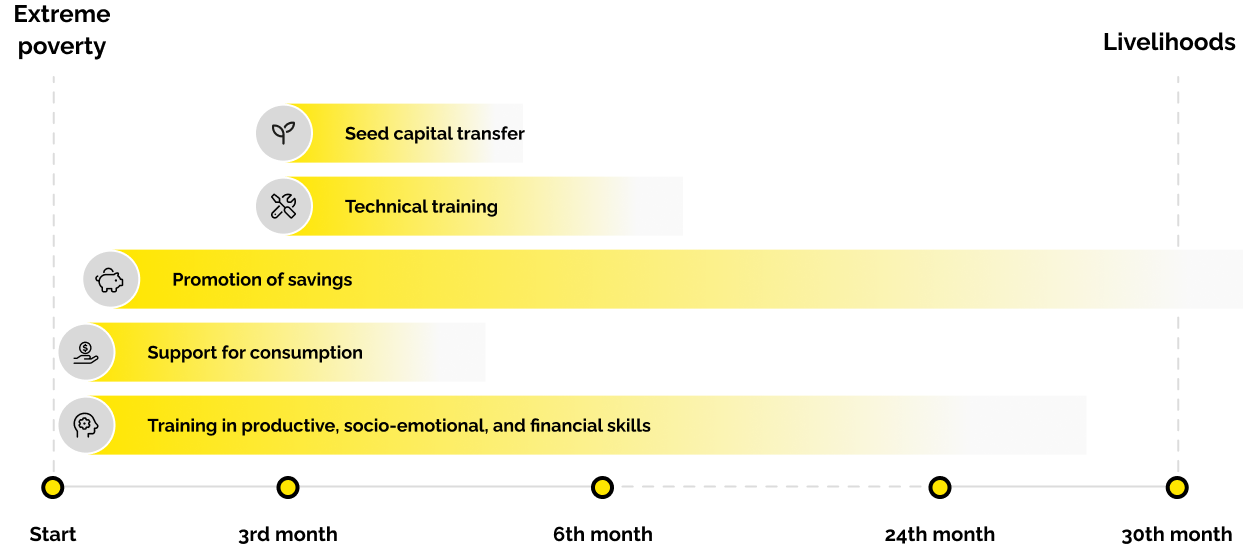
Our innovative elements
We work with governments
We work with governments
We support governments in Latin America and Africa to integrate the approach into their public policies and social protection systems. We promote the transition from basic social protection networks to systems that foster full economic opportunities.
Technology for development
Technology for development
We use information and communication technologies (ICT) to reach millions of people in a cost-efficient manner. The use of technology helps bridge the digital divide, allowing participants to learn at their own pace and enabling each household member to benefit from the training content.
Transfers for investment
Transfers for investment
Cash transfers instead of the provision of physical assets, aimed at boosting productive activity. Cash transfers tend to have lower delivery costs compared to the provision of in-kind productive assets. In addition, families have greater freedom and autonomy to decide how to invest.
Equal opportunities
Equal opportunities
We work with a transformative gender approach that promotes deep and systemic changes, including the underlying structures that prevent women from fully reaching their potential.
The evidence guides us
Our programs are evaluated through the Evaluation and Learning Platform of the University of the Andes in Colombia, funded by the Ford Foundation, IDRC Canada, and Fundación Capital. A recent example was an impact evaluation (RCT) that demonstrated significant and sustained results from a program implemented in collaboration with the Government of Honduras.
The program had a positive impact on income, savings habits, resilience to external shocks—such as cyclones, floods, and pandemics—and on the poverty reduction trajectory of the participating families.
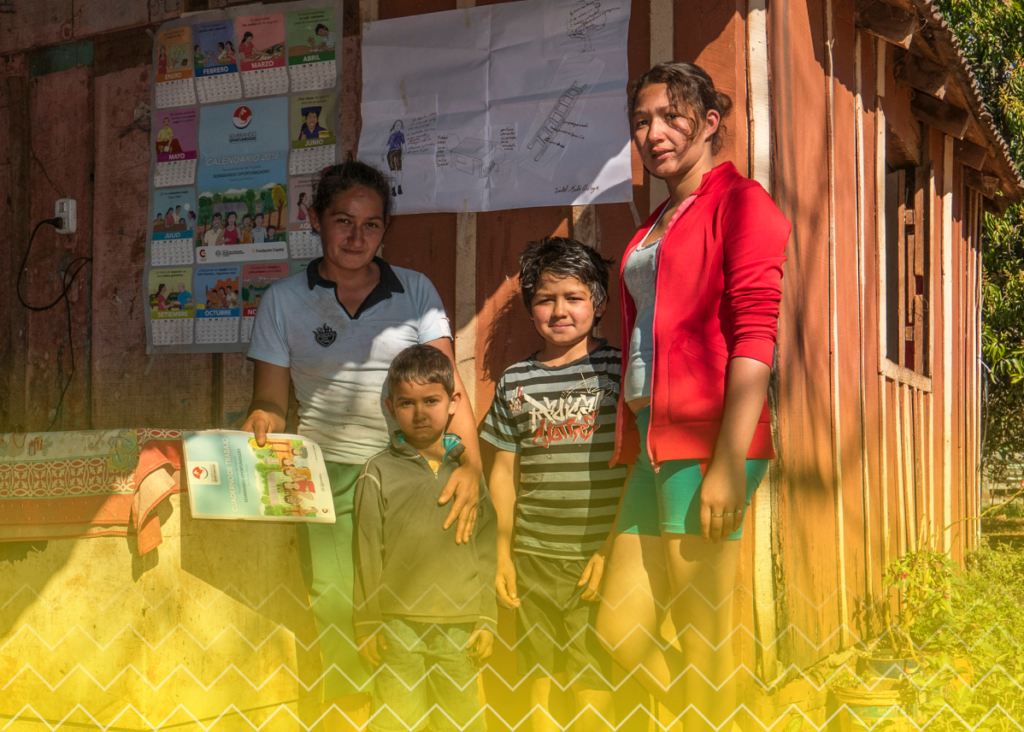
From Protection to Social Promotion
Stories of Change
Discover seven stories told through the voices of participants from our programs in Paraguay 🇵🇾, Honduras 🇭🇳, and Colombia 🇨🇴. They share how, with the support of their community, self-confidence, and personalized guidance, they were able to overcome various challenges.
